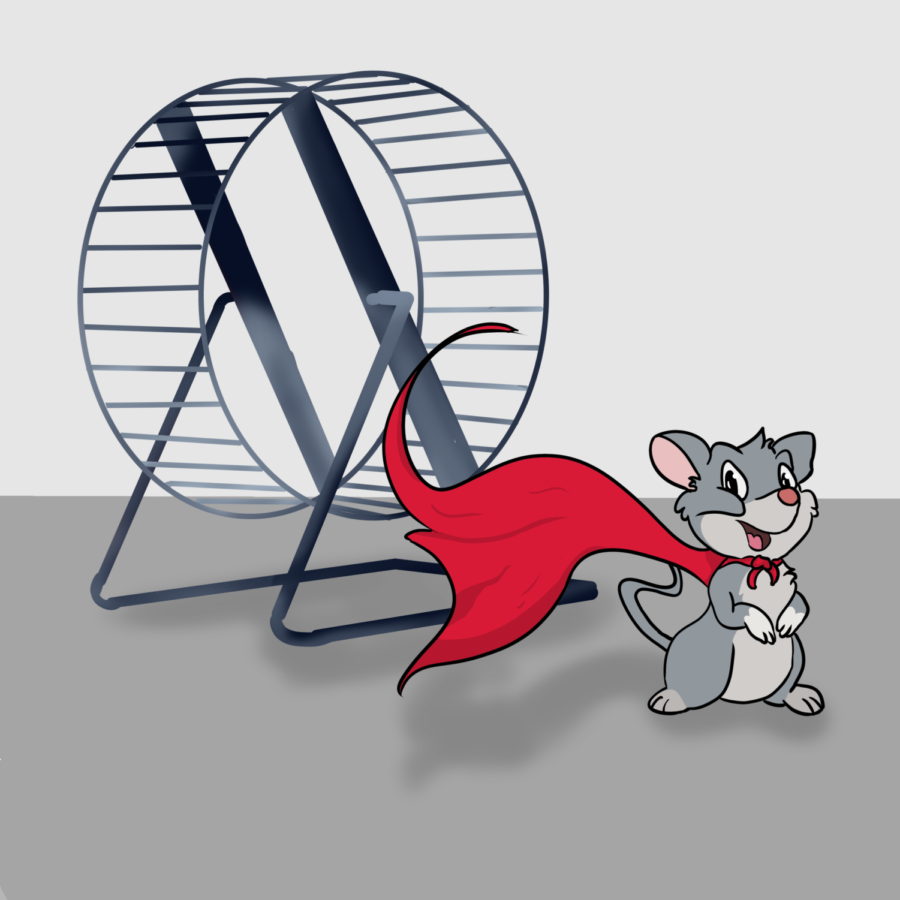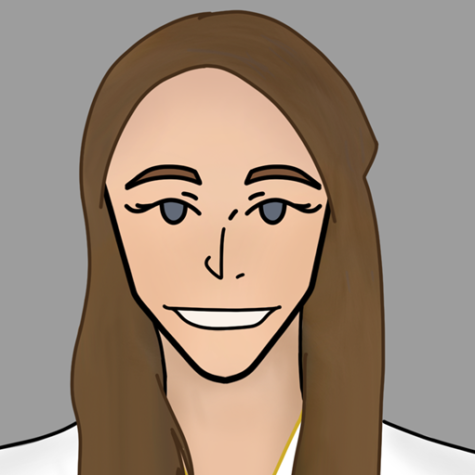Your Secret Superpower
May 10, 2022
What if I were to tell you that you have a superpower that could change your life? Something ingrained deep within our neurology. Something so obvious that you might have overlooked it- let me describe it to you in a new way…
The flower analogy
Imagine a flower. Now, imagine the hundreds and thousands of cells within that flower that allow it to photosynthesise and grow – how each atomic aspect is constantly at play to keep it alive and healthy. The flower itself is completely unaware that all of this is going on, of course – because it’s a flower – yet, the effectiveness and efficiency of these cells dictates the health and longevity of the flower.
Now, think of each of these cells as your habits, and yourself as the flower. They are like atomic particles constantly working away at making your life more automated and efficient, and, through the bigger picture, you can see how they accumulate to form who you are. And the most exciting part – we can mold each habit to create any outcome we want within our lives. But first, you have to understand how habits work.
And I know what you might be thinking – we’ve heard about habits thousands of times in assemblies, and you’re pretty much a pro on this boring thing called ‘habits’. But let me introduce a new part of your psychology that you might not have thought about before.
Understanding your superpower
We usually think of a ‘habit’ as one individual thing that we do, but it’s actually three separate parts that we bundle into something called ‘the habit loop’.
Let me break it down.
First comes the cue – the trigger or neurological craving. Next, is the routine/ behaviour, and, finally, the reward, which is the desired outcome of our habit and the reason we repeat the loop again and again.
Most of the time the ‘habit loop’ is an unconscious action. In fact, around 40 to 45% of our daily actions are subconscious habits that have been ingrained into our psychology for us to become more efficient – like a piece of code that our brain pulls out every time we need to complete a repeated task.
DID YOU KNOW: Habits are so powerful that a person with dementia could have forgotten where the kitchen is, yet when they are hungry, they will just get up and walk directly to the kitchen – without even thinking about it!
Whether you like it or not, habits are dictating every outcome in your life, from how you feel when you wake up in the morning, to what you eat throughout the day, and to even the kinds of results you get on tests. They help create both world class athletes, and drug addicts. Put simply, your habits can either be a superpower or a curse – you get to choose.
Using your superpower – the power of habit
Once we become aware of our own psychology – our specific cues, routines and rewards – we can then use our habits as a superpower to achieve our greatest goals in life. There are two major things you can do to start hitting your goals – change existing habits, or create new ones.
When creating a new habit, make sure you plan out your desired ‘routine’ and work backwards. Carefully plan out the ‘habit loop’ to ensure the cue and reward are as obvious, easy, attractive and satisfying as possible. For example, if you want to start going for a run after school, set out your workout clothes in the morning to minimise the effort of choosing them when you are tired in the afternoon.
When changing an existing habit, like procrastinating on your homework until 8pm, the cue and the reward are often the hardest things to change. As Charles Duhigg explains in his book The Power of Habit, we can leverage something called “the golden rule of habits”. This can be broken down into two steps:
- Step 1 – Diagnose the cue and the reward. This might take time, so you should treat this step like a science experiment. Whenever you see the cue of your undesired habit, try and note down some specifics about it – does it occur at a specific time, place or with a specific emotion? Does it occur around certain people or after another habit loop?
- Step 2 – Change the routine. Make sure to plan this step out carefully so that your new routine helps to achieve a similar reward whilst creating better long-term outcomes.
Remember – with taking great responsibility for your habits, you gain great power. Enjoy your superpower!














